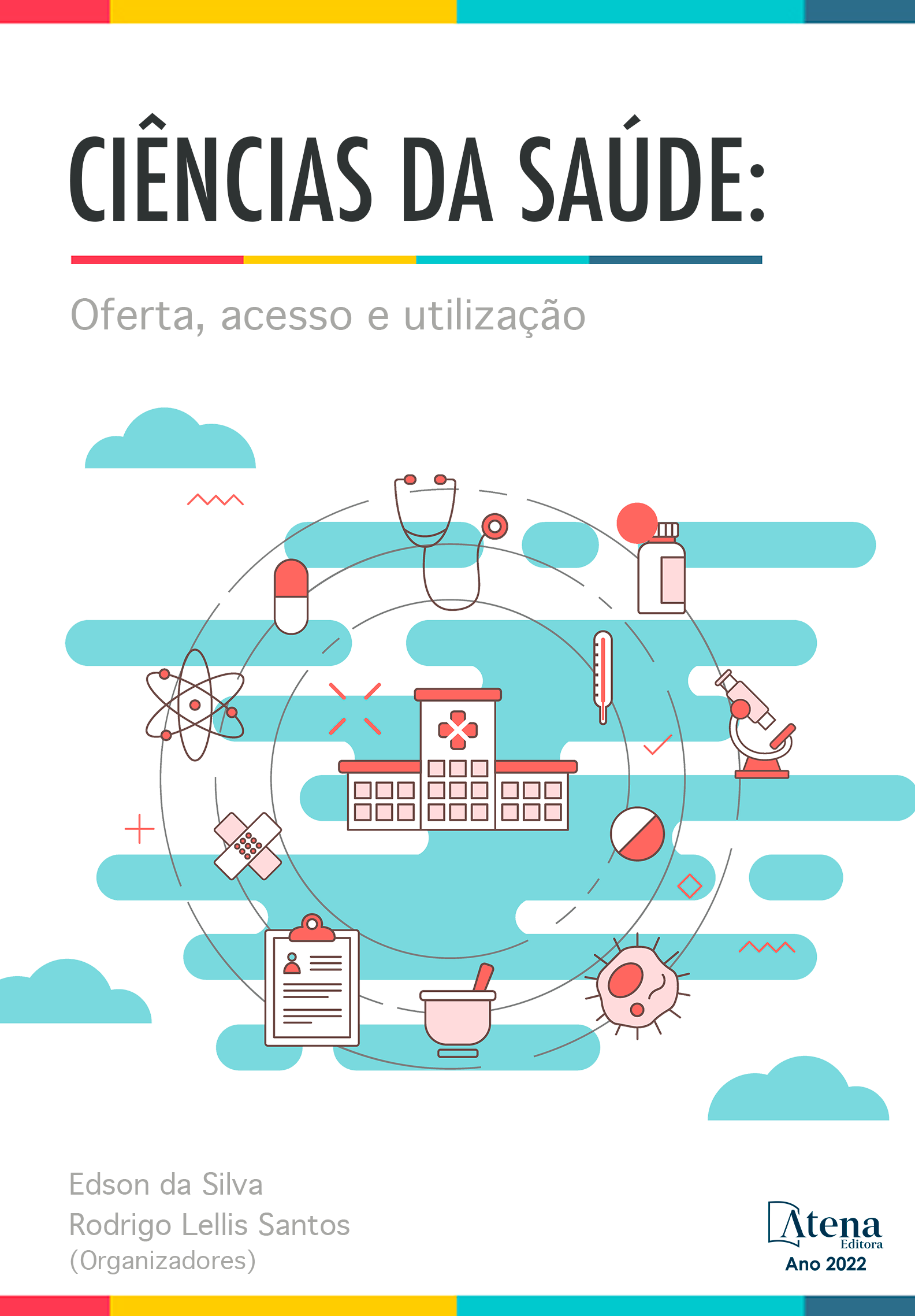
ENVELHECIMENTO POPULACIONAL E CONDIÇÕES DE URGÊNCIAS PREVALENTES- ABORDAGEM ESPECIAL.
Objetivo: Discussão científica por meio da literatura das principais causas de urgências no público idoso, através de uma revisão integrativa da literatura, concretizada através das seguintes bases de dados: Scielo e Pubmed. A busca ativa pelos artigos referenciais partiu dos pressupostos onde os critérios de inclusão foram estudos publicados entre os anos 2015 e 2019. Foram exclusos teses, dissertações e cartilhas. Materiais e métodos: Trata-se de uma revisão integrativa da literatura conduzida e baseada nas seguintes bases de dados: Scielo e Medline, as palavras chaves utilizadas para filtragem dos artigos referenciais foram: Crises hipertensivas, Urgência hipertensiva e Emergência hipertensiva. Resultados e discussões: Segundo dados descritos pelo Instituto Brasileiro de Geografia e Estatísticas (IBGE), o público com idade igual ou superior aos 60 anos já compreende cerca de 23,5 milhões dos brasileiros. Mediante essa afirmativa, o artigo “ Compreendendo o envelhecimento a partir da Analise do comportamento”, explicita que o processo de envelhecimento por ser amplo e contínuo, deve ser levado em consideração a forte relação com a perda gradual de habilidades físicas e cognitivas, considerando ainda que a prevalência das doenças crônicas não transmissíveis (DCNT).Conclusão: Contudo, é perceptível a forte relação entre os longevos e os agravos prevalentes, indagando a necessidade dos serviços de urgências no contexto brasileiro. Frente a esta realidade, faz-se necessário medidas como a capacitação dos profissionais de saúde frisando a obtenção de novos conhecimentos específicos aos idosos, além da possível compreensão quanto as particularidades dessa população dentro de suas respectivas limitações.
Palavras chave: Transição Demográfica.Saúde do Idoso.Sistema Unico de Saúde.
ENVELHECIMENTO POPULACIONAL E CONDIÇÕES DE URGÊNCIAS PREVALENTES- ABORDAGEM ESPECIAL.
-
DOI: 10.22533/at.ed.51622230311
-
Palavras-chave: Transição Demográfica, Saúde do Idoso, Sistema Único de Saúde.
-
Keywords: Demographic Transition, Health of the elderly, Health Unic System.
-
Abstract:
Objective: Scientific discussion through the literature of the main causes of emergencies in the elderly public, through an integrative literature review, carried out through the following databases: Scielo and Pubmed. The active search for reference articles started from the assumptions where the inclusion criteria were studies published between the years 2015 and 2019. Theses, dissertations and booklets were excluded. Materials and methods: This is an integrative literature review conducted and based on the following databases: Scielo and Medline, the keywords used to filter the reference articles were: Hypertensive Crises, Hypertensive Urgency and Hypertensive Emergency. Results and discussions: According to data described by the Brazilian Institute of Geography and Statistics (IBGE), the public aged 60 and over already comprises about 23.5 million Brazilians. Based on this statement, the article “Understanding aging from the analysis of behavior”, explains that the aging process, being broad and continuous, must be taken into account the strong relationship with the gradual loss of physical and cognitive abilities, considering also than the prevalence of chronic non-communicable diseases (NCDs). Conclusion: However, the strong relationship between the oldest old and the prevalent diseases is perceptible, questioning the need for emergency services in the Brazilian context. Faced with this reality, measures such as the training of health professionals are necessary, emphasizing the acquisition of new specific knowledge for the elderly, in addition to the possible understanding of the particularities of this population within their respective limitations.
Keywords: Demographic Transition. Health of the Elderly. Unified Health System. -
Número de páginas: 9
- Danielly Ribeiro Cardoso
- Henrique Andrade Barbosa
- Lucas Gonçalves Andrade


